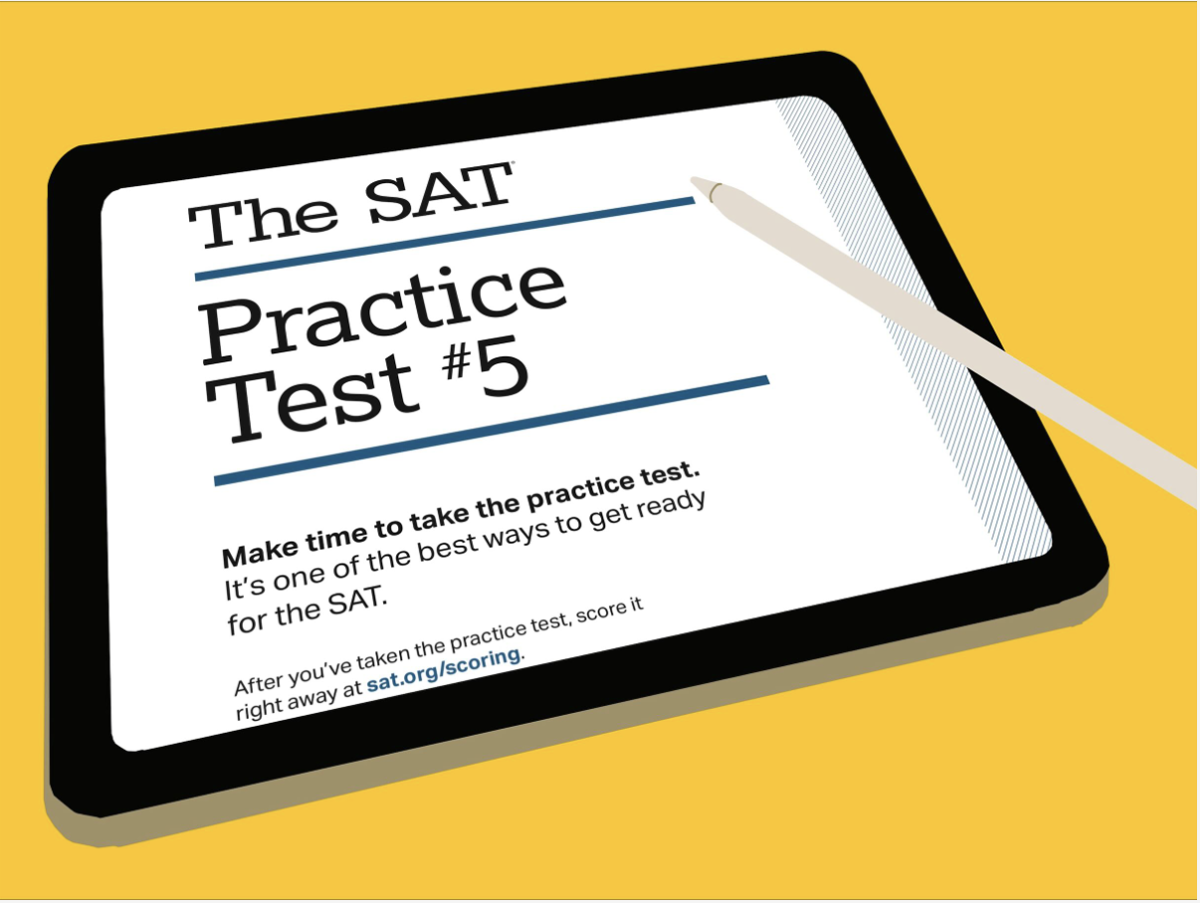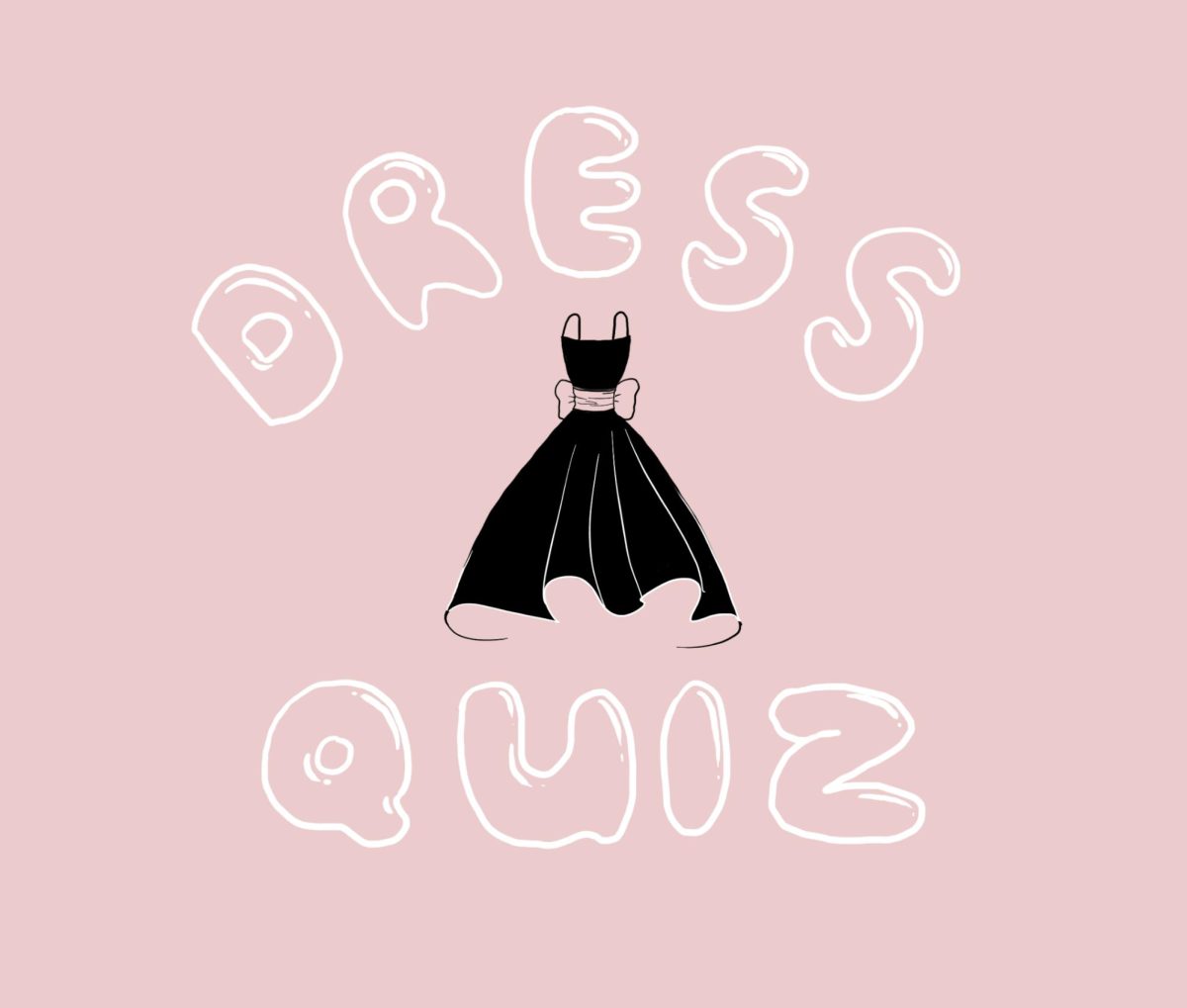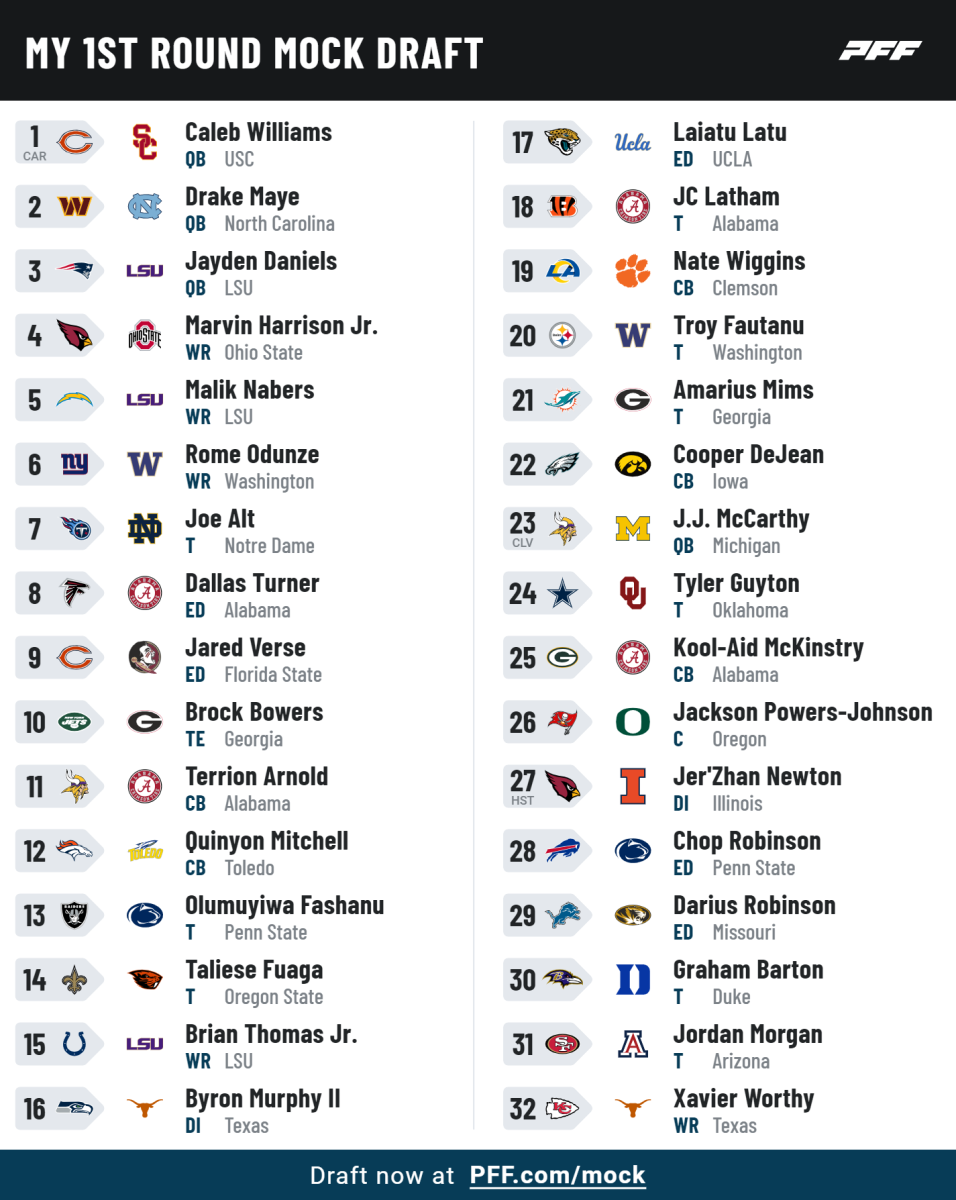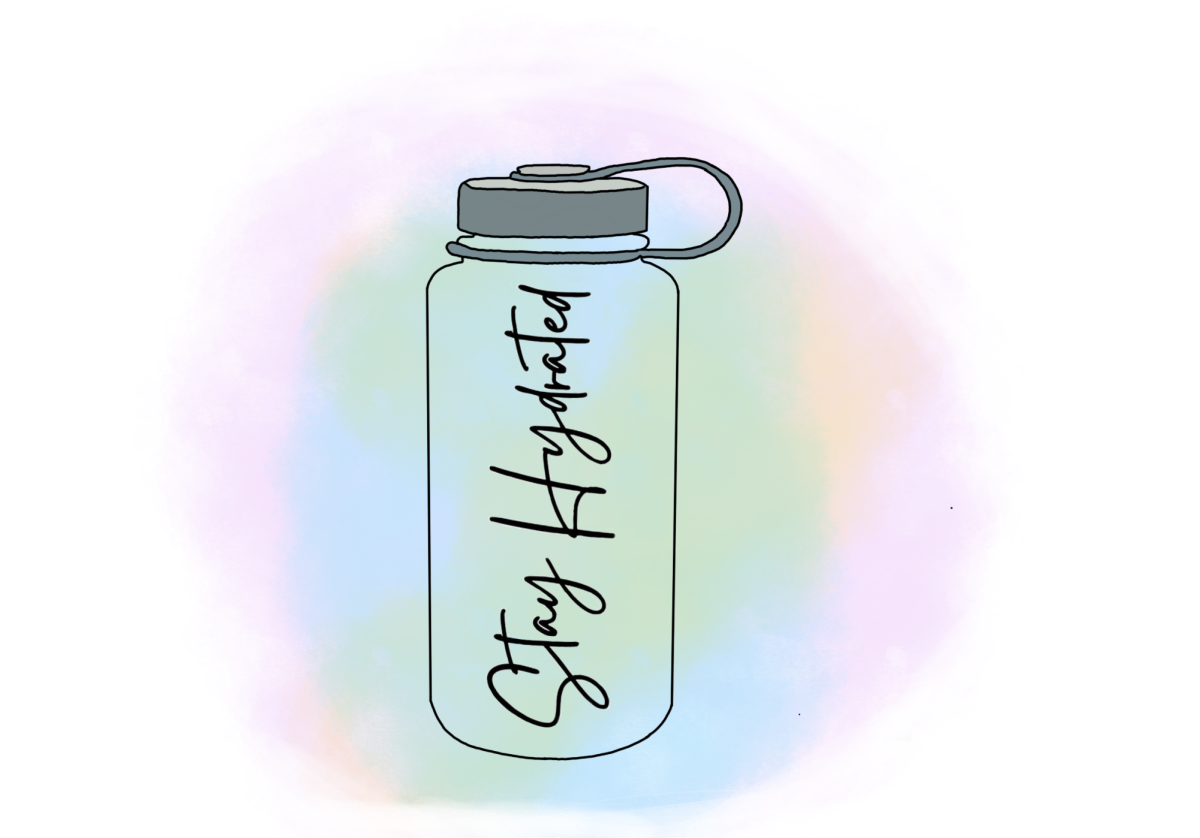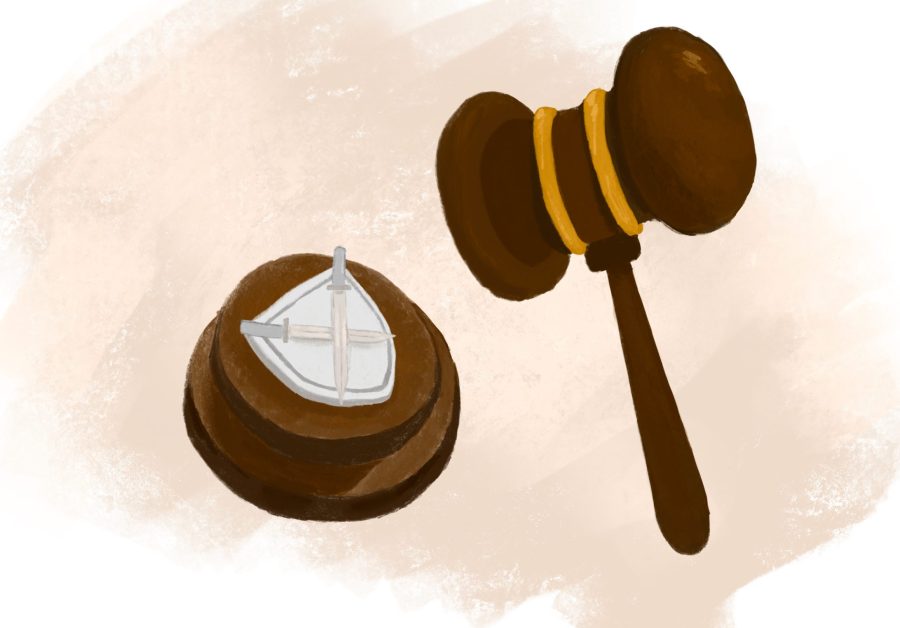Disciplinary history shows a formative approach to student growth
Whatsoever things are true — this slogan encapsulates the Hill’s basic principles of trust, honor, and truth. While this motto has been in use for decades, the mechanisms for enforcing these principles have significantly evolved since its establishment.
The Demerit System
Foremost, the demerit system system used today has been greatly modified over the years.
Dating back to the 1920s, Hill discipline was based off a mark system. Marks were used to tally daily infractions such as tardiness or absence. Demerits were saved for larger infractions, and were given out in multiples of five, depending on the rule broken. Furthermore, immediate expulsion was made after reaching the “magic five-o”, meaning receiving 50 demerits. Marks could be worked off by detention, chores, or athletic mark time.
Later, in 1987, the system changed again and the use of marks disappeared. Students were now given different amounts of demerits based on the level of infraction. For example, skipping chapel resulted in one demerit while an absence from class was four demerits. If you accumulated more than 12 demerits by the end of each term, you were placed on restriction for three weeks.
Immediate Care (I Care)
Other systems implemented at Hill are a result of situations that demanded reform.
“When I was a student, there was no such thing as I Care. If you were turned in by a student, or turned yourself in, for using drugs or alcohol or other substances, you were immediately kicked out of school,” explained the Rev. Anne Confer Martens ’02, Warner Associate Chaplain.
Furthermore, Confer Martens recounts an experience from her student years, commenting that she can “clearly remember a time when someone in my dorm had drank a lot of alcohol one night and was in bad shape in her dorm room later that night.”
“There was a lot of talk in the dorm about if we should go to the dorm parent; we were really worried about the student’s health but also knew she’d get kicked out if we went to the dorm parent or just leave her in her room, cross our fingers, and hope she would be okay,” Confer Martens said. “Looking back, that was not a good situation to be in.”
The installment of I Care looked to solve this problem by providing a program that allowed students to seek help for their substance use without facing disciplinary action or sacrificing school enrollment. As stated in The Hill School Handbook, students are eligible for I Care if it was initiated by a proactive student referral, they receive wellness and medical care, the student is compliant, honest, and co-operative, and other students involved in substance use are identified.
Honor Council
Much like I Care, The Honor Council resulted from demanded change to honor and respect around campus.
The Hill School Handbook describes the Honor Council as an educational tool that informs the school community about the Honor Code, academic honesty, and personal integrity. Furthermore, it serves as an advisory group to the Dean’s Office and convenes to hear cases involving Honor Code violations such as lying, cheating, stealing and plagiarism.
Prior to the year 1997, however, there had been no such thing as the Honor Council, and all disciplinary action fell under the Disciplinary Committee, which resembled the modern model, consisting of administrators, form advisors, student advisors, and selected student leaders such as Head Prefect. During this time, there were theft and trust related issues amongst the community which called for a needed emphasis on honor.
In 1997, due to a student-led initiative and leadership under former Head of School, David Dougherty, the Honor Council came to be.
Matthew Gettings, Senior Master Teacher of Mathematics and former faculty representative to the Honor Council, recalled that “students wanted to have more of an impact on fellow students, and they thought one area could be honor violations, which often are lying, cheating, or stealing.” Students at the time believed that “they could play a role in helping fellow students to not fall into those traps.”
Initially, in the Honor Code’s pioneering days, students disagreed on the legitimacy of the code’s purpose. Some students believed the code would be impactful on the community while others had a hard time adapting and did not see the changes it was making to the community.
Adam White ’98, wrote in an The Hill News article at the time that “I personally do not understand the significance of the new honor system. I had honor before coming to this school, and I do not see how signing the back of all our tests is going to make the school a better place.”
Some students like White believed that if an individual consciously chose to cheat, the punishment for cheating should be the same regardless of an Honor Code. However, Tim Dilorio ’97, argued that “students listen to students,” explaining that peer impact, and expectations set by those on your “level”, compelled students to follow rules.
The Honor Council has not had any significant structural changes made to it since its development due to the constitution it was made under. However, the school has adapted to the expectations it sets.
“The Honor Code is essential to Hill’s culture. Not only does it preach the integrity of students’ academic work, but it also sets standards of honesty and morality that students and faculty can and should follow in their everyday lives,” Timmy Woodward ’24, 5th form Honor Council Representative, said.
In this way, the Honor Council operates as an educational tool. Gettings reiterates the formative task of the student institution.
“Certainly, there’s always a punishment component or consequence component, but it is always about education and really trying to avoid similar situations in the future at Hill,” Gettings said.
“Whatsoever things are true,’ I would say is at the core of everything we try to do at the school, including but not limited to the discipline process,” noted Dean of Students Ari Baum.
When asked about the purpose of discipline, Baum answers, “I hope that we cure cancer, and I hope that we put a person on Mars, and I hope that we end poverty, and I hope that we get clean drinking water to all human beings. But it starts on this basis of pursuit of respect, and pursuit of morality over anything else.”
“It has to happen through like a deliberate commitment across communities, within communities, to do our best within the scope of respect, and I understand why people might see like the Deans’ Office or the discipline at the school as falling short or problematic. And that’s because we’re not perfect, but we want to be perfect,” Baum said. “We want somebody to walk on Mars; we want to cure cancer; and we believe we do that through the relentless pursuit of morality over anything else.”
















